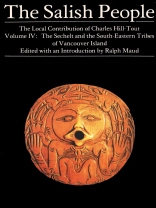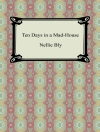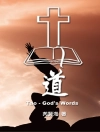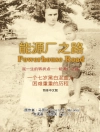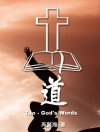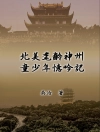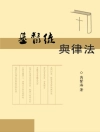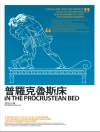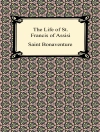Charles Hill-Tout was born in England in 1858 and came to British Columbia in 1891. He was a pioneer settler at Abbotsford in the Fraser Valley, where he raised his family in a log cabin. He devoted many years of field work to his studies of the Salish and published in the scholarly periodicals of the day. He was honoured as president of the Anthropological Section of the Royal Society of Canada and as a fellow of the Royal Anthropological Institute of Great Britain. In The Salish People, his field reports are collected for the first time.
The Salish People is a four-volume work. Each volume covers a specific geographical area and serves as a useful guide in bringing the past to the present for local residents and out-of-province visitors. The four volumes, rich in stories and factual details about the old customs of the Coast and Interior Salish, are each edited with an introduction by Ralph Maud, who lives in the Fraser Valley and who teaches a course on the B.C. Indian Oral Tradition at Simon Fraser University.
Volume IV of The Salish People deals with the Sechelt and the South-Eastern Tribes of Vancouver Island and includes a bio-bibliography of Charles Hill-Tout, as well as miscellaneous short pieces of special interest, such as letters and a review of Franz Boas’ book about Bella Coola. Marius Barbeau tells the story of a noted English anthropologist arriving in New York in the first years of this century and asking his American colleague who met him at the pier: “Where’s Hill-Tout?” This query, says Barbeau, “was often repeated with a smile among New York anthropologists as characteristic of the British point of view as to the progress of American anthropology.” Ralph Maud’s introduction to this volume finally locates Hill-Tout among his peers. It reveals a man “whose inner dignity is real enough, not something dependent on the opinions of others. It sees him through.”
Over de auteur
Ralph Maud (1928–2014), a world-renowned expert on the work of Dylan Thomas, Charles Olson, and the ethnographers of the Pacific Northwest, was professor emeritus at Simon Fraser University and founder of the Charles Olson Literary Society. He was the author of Charles Olson Reading (1996), the editor of The Selected Letters of Charles Olson (2000), Poet to Publisher: Charles Olson’s Correspondence with Donald Allen (2003), Charles Olson at the Harbor (2008), and Muthologos: Lectures and Interviews (2010), and the co-editor of After Completion: The Later Letters of Charles Olson and Frances Boldereff (2014). He edited much of Dylan Thomas’s work, including The Notebook Poems 1930–1934 and The Broadcasts, and was co-editor, with Walford Davies, of Dylan Thomas: The Collected Poems, 1934–1953 and Under Milk Wood. Maud was also the editor of The Salish People: Volumes I, II, III & IV by pioneer ethnographer Charles Hill-Tout. He was a contributing editor to Coast Salish Essays by Wayne Suttles and The Chilliwacks and Their Neighbours by Oliver Wells, and authored A Guide to B.C. Indian Myth and Legend and The Porcupine Hunter and Other Stories — a collection of Henry W. Tate’s stories in Tate’s original English, which grew out of his survey of Franz Boas’s Tsimshian work, published as an article: “The Henry Tate-Franz Boas Collaboration on Tsimshian Mythology” in American Ethnologist. Maud’s subsequently published book, Transmission Difficulties: Franz Boas and Tsimshian Mythology, expands further on the relationship between Henry Tate and Franz Boas.
